Nepalese girls fight menstruation taboos with photography

Imagine that for one week every month, you can't look at the sun or the mirror, sleep in your own room - sometimes not even in your own home, eat or drink at the family table. Absurd? Probably. Harsh? Definitely. But it's also a reality a large number of women have to live with in Nepal. These, and other assorted restrictions of varying degrees of backwardness, are placed on young women during their periods. And these women have now discovered a way to counter this culture of regression - a camera.
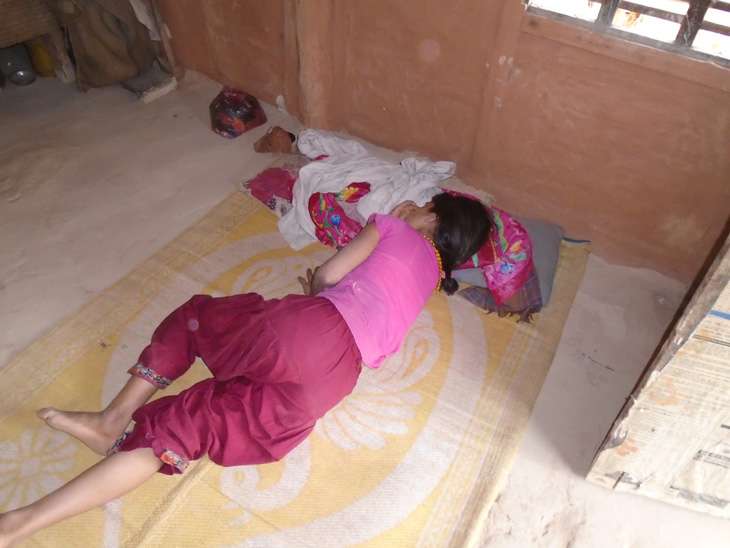
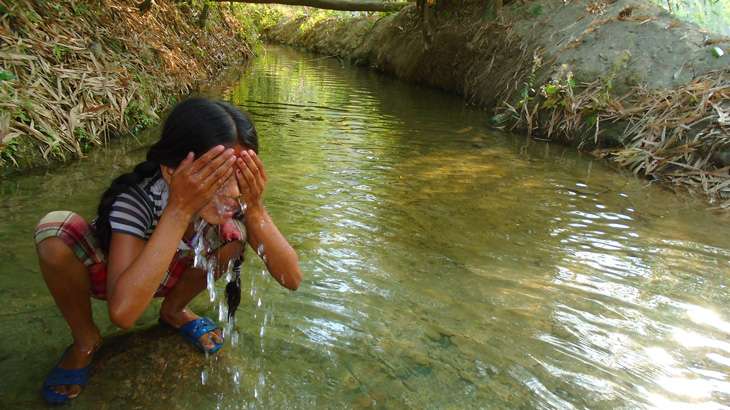
As part of an awareness campaign to whip up discussion around menstrual hygiene, and to showcase the challenges women have to face during their periods, WaterAid gathered a bunch of young women in Nepal and gave them cameras. The objective? To document the restrictions they have to deal with every month when they are menstruating.
"The project started around six or seven months ago. We were scoping out the potential project sites and doing a recce of four schools," explains Mani Karmacharya, a communication officer for WaterAid based out of Nepal, and who helmed this campaign. Karmacharya says that a participatory approach by developmental agencies isn't uncommon when it comes to dealing with sensitive issues, and the idea was to really engage intimately with the community for this campaign.
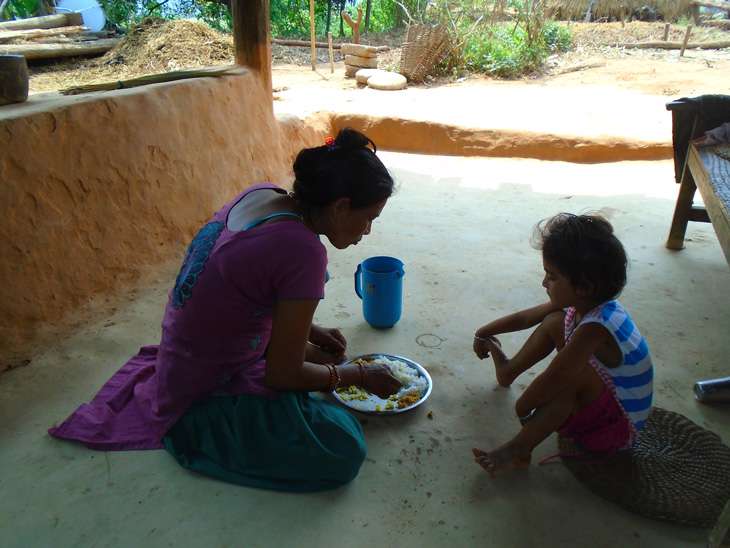
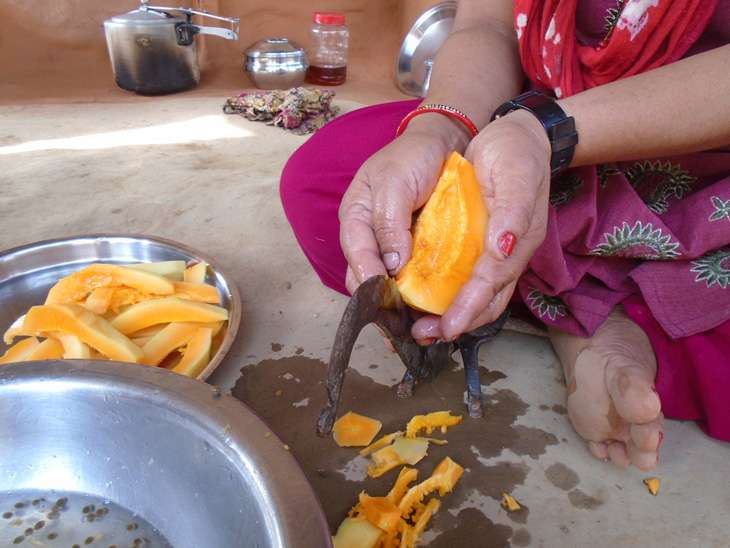
The project covered three areas - two hilly regions, one plain land. Sindhuli & Sirthauli were the hill regions most in focus for the project. Sirthauli, in fact, is just about 130 kilometres southeast from Kathmandu. Karmacharya says that the hill regions are usually more affected by such socio-cultural problems. He says that any region where, demography-wise, there's a prevalence of Brahmins and Kshatriyas, the problem of menstrual restrictions seemed higher and stronger.
Given that families can often be quite conservative in nature, how did WaterAid officials convince the girls - and their parents - to yield to their experiment? Karmacharya says that a lot of recce went into pulling off this project. "Initially, we got in touch with ten or fifteen girls and from four schools, then narrowed it down to seven. We explained to them and even their guardians that they will be voicing their own stories." The girls took some time to open up, admits Karmacharya. "At first, they were of course reluctant to talk to me. They were more comfortable with my colleague who was a woman and I had to leave the room every time she was talking to the girls. But by the end of the project, they were very comfortable, they would talk about their first period date also."
There was a proper consent form that the girls and their parents needed to sign, "We ensured they understood each and every line of the form in detail since some of them were illiterate. We explained that the photos will be used by the media as well (for non-commercial purposes) and they can't have objections to it," clarified Karmacharya.
The parents were given the choice to do a first selection of the photographs, and voice reservations, if any. Once the project was over, an exhibition with the final set of images was held for the parents as well. That's also when, says Karmacharya, several mothers came up to say that they don't necessarily endorse such traditions. But the social pressure to adhere to "tradition" is too much to resist.
How much of a difference do such projects create within the community? Sandhya Chaulagain, also working with WaterAid, says it ends up making a fair amount of difference. "The fact there's any conversation at all about sanitary napkins is a difference," she says. "In many places women use cloth and reuse it. Shockingly, after they wash it, they have to hide it. They can't even let it dry in the sun outside because it might anger the gods!"
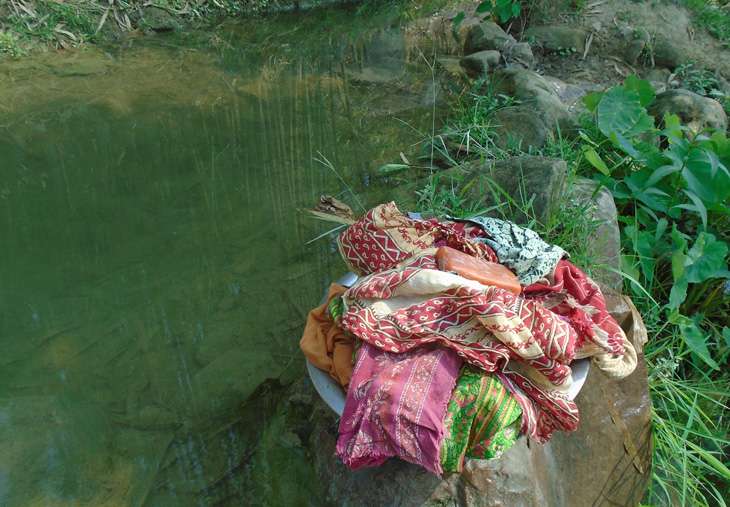
Karmacharya agrees and says that, "When the girls started with the project, there was a feeling that maybe such ritualistic restrictions were right, but by the time the project ended, they were thinking maybe such restrictions aren't right after all. I can't say if such initiatives cure things but it's definitely been a good start."
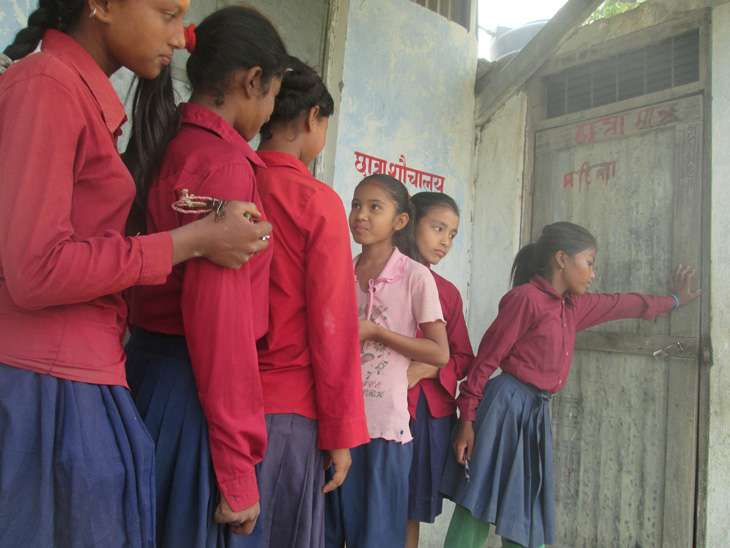
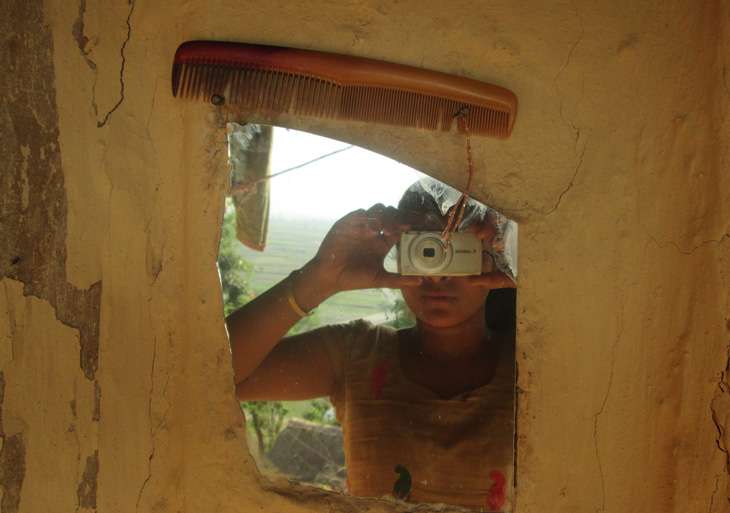
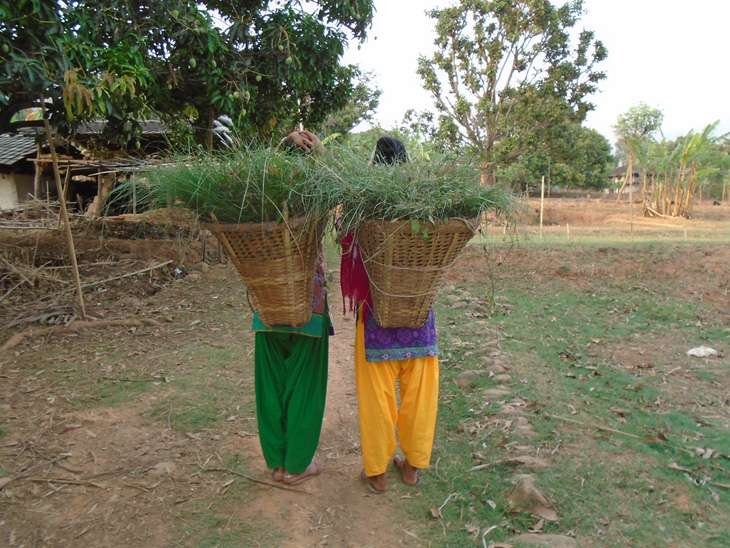







![BJP's Kapil Mishra recreates Shankar Mahadevan’s ‘Breathless’ song to highlight Delhi pollution [WATCH] BJP's Kapil Mishra recreates Shankar Mahadevan’s ‘Breathless’ song to highlight Delhi pollution [WATCH]](https://images.catchnews.com/upload/2022/11/03/kapil-mishra_240884_300x172.png)

![Anupam Kher shares pictures of his toned body on 67th birthday [MUST SEE] Anupam Kher shares pictures of his toned body on 67th birthday [MUST SEE]](https://images.catchnews.com/upload/2022/03/07/Anupam_kher_231145_300x172.jpg)






